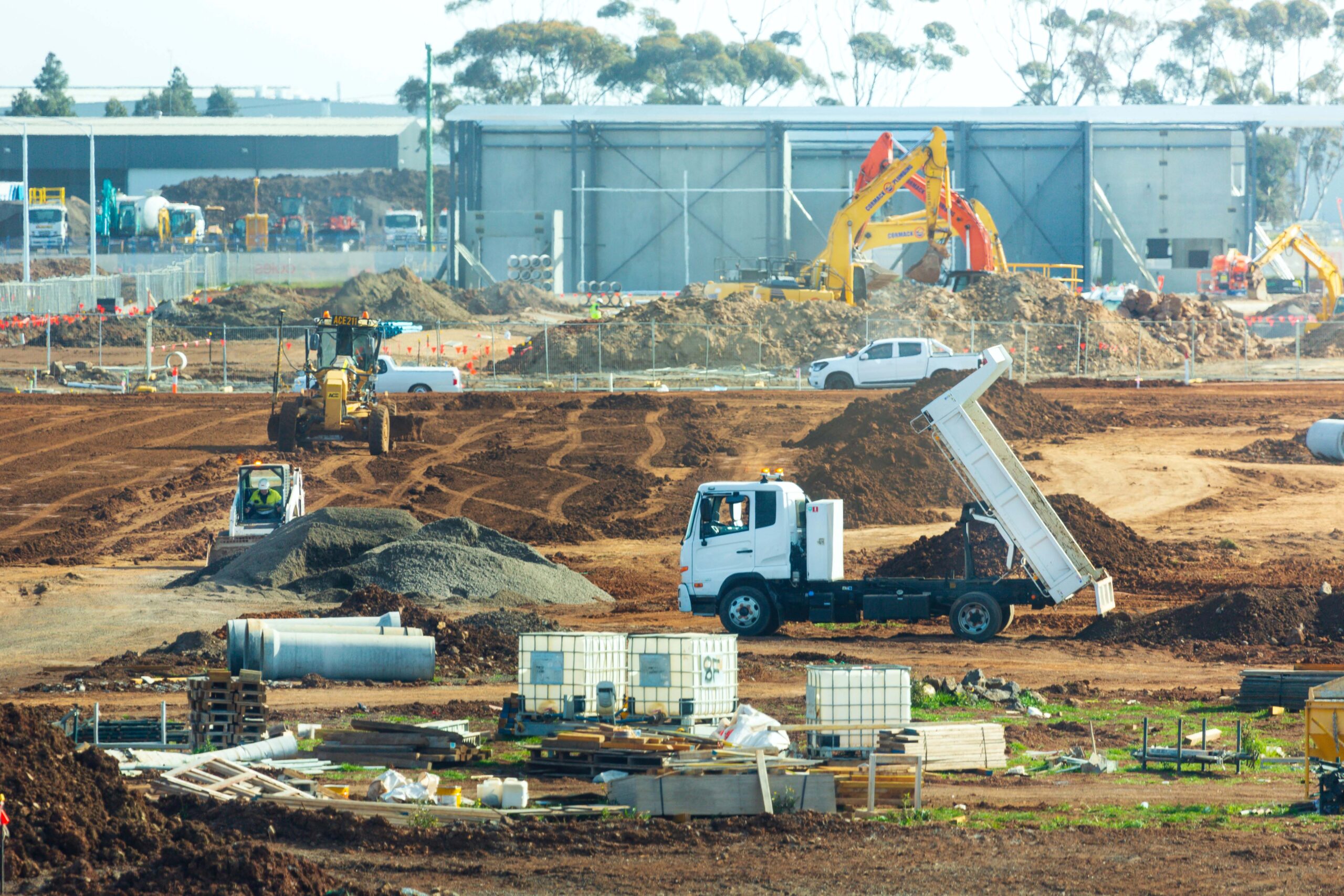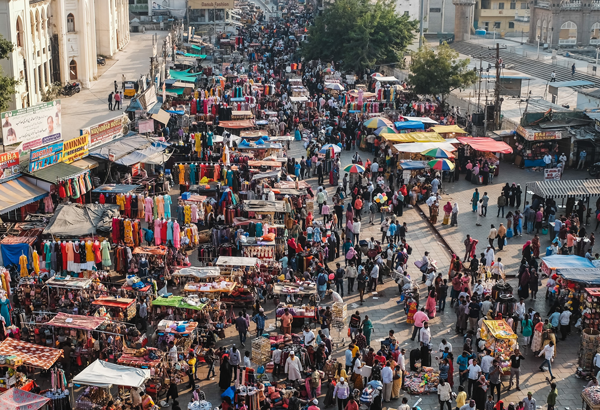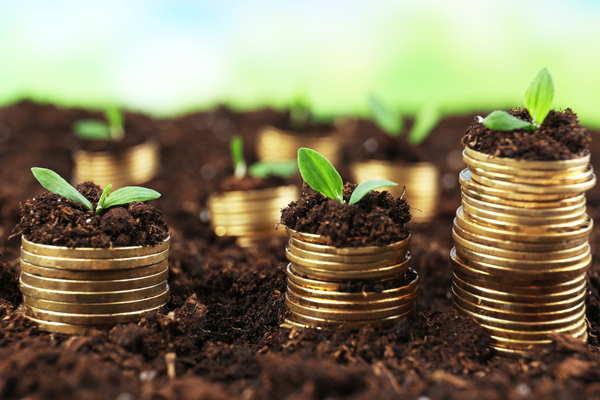Adequate infrastructure such as roads, bridges, airports, ports, and power grids have a major opening to the economic growth of the African continent.
Investing in Infrastructure is productive. Africa is a continent consisting of countless investors including governments, banks, private equity firms, sovereign wealth, and multilateral development funds among others.
The major regional multilateral bank that has been investing in infrastructure across the continent is the African Development Bank (AfDB), works have been recognized around the continent such as; A road from Addis (Ethiopia) all the way to Nairobi and Mombasa (Kenya), the AfDB put in a billion dollars on the 1,000-kilometre road. That highway is almost completed. It will allow Ethiopia to connect 20 percent of its exports to Kenya through the Mombasa port. It will increase trade between both countries by 400 percent.
Another example: In Southeast Africa, you have the Nacala Corridor (the rail and port of Nacala) including 1,700 kilometers of road and rail, linking Mozambique to Malawi and Zambia. And guess what it has done? It has reduced the cost of trade by 15 to 20 percent.
Another project, which we are super excited about, is the Kazungula Bridge, which links Botswana and Zambia over the Zambezi River. It used to take 14 days to make that journey; now, it takes one hour because of that investment.
There are also investing in digital infrastructure, using submarine cables to provide access to the internet and broadband.
Adding more infrastructure investment can also create jobs and stimulate local economies, for instance, the case of building roads or airports requires labor and materials which can provide employment opportunities for local communities, including that, improved infrastructure can attract foreign investments and tourism which can further boost economic activity.
Infrastructure investment is particularly important in energy. Many countries on the continent suffer from unreliable and inadequate power supply, which is a major constraint to economic growth. By investing in power generation and distribution infrastructure, counties can access reliable and affordable electricity.
African leaders are taking a proactive approach to infrastructure development and recognizing its importance in fueling economic development through infrastructure development in a number of ways, such as public-private partnership, regional integration, innovation, and international partnership.
As stated above, the benefits are clear: with improved infrastructure, new growth opportunities in the manufacturing and services sector can also be generated.
This goes with saying that provision of adequate infrastructure in any given economy is a driver for economic growth as quoted by the world bank "The development of infrastructure is intimately connected with the process of economic growth: studies show that a 1% increase in infrastructure stocks is associated with 1% increase in GDP. "Hence, since the introduction of heavy infrastructure developments, Africa has already seen a 25% increase in GDP.
It is also important to note that most of Africa's infrastructure Investments are massively financed by China.
Estimates argue that Chinese companies claim nearly 50% of Africa has an internationally contracted construction market.
Results from the 2016 Afro barometer survey illustrate that Chinese-financed/or constructed infrastructure is African citizens’ most appreciated aspect that has hugely contributed to the welfare of most People.
Lastly, I cannot hide the excitement behind the truth that infrastructure investments have increased different Africa's nation’s economic growth but also these investments have increased infrastructure access at the local level and that there are positive economic spillovers, including increasing rural access to markets and higher wealth levels.
Overall, infrastructure investment is a critical component of economic development in Africa, and continued investment in this area can help to unlock the continent’s vast economic potential






